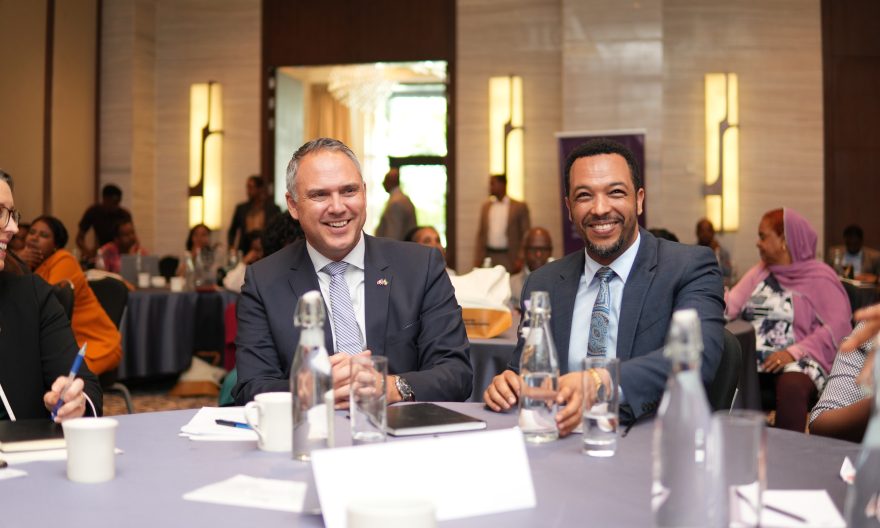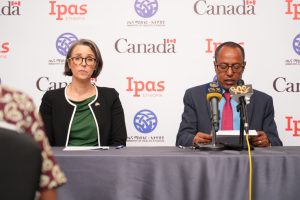
ADDIS ABABA – Ipas Ethiopia has unveiled a seven-year project aimed at improving access to sexual and reproductive health (SRH) services for women and girls in Ethiopia. This project is funded by the Government of Canada through Global Affairs Canada.
Speaking at the launch event, Health State Minister Dereje Duguma (MD) emphasized the Ethiopian government’s commitment to advancing sexual and reproductive health rights (SRHR).
He acknowledged ongoing challenges, including declining international aid, and stressed the need for innovative financing mechanisms to strengthen community-based healthcare systems.
Ipas Ethiopia Country Director Demeke Desta (MD) highlighted the urgency of the project, stating, “With rising concerns surrounding SRH, we must act decisively to inform and serve communities across five under-served states: Amhara, Central Ethiopia, Oromia, Tigray, and Benishangul-Gumuz.”
The project aims to provide comprehensive abortion care and contraceptive services to 1.13 million women and girls, reach 5.5 million community members indirectly, and train 2,450 health workers.
Canada Ambassador to Ethiopia Joshua Tabah outlined the project’s focus on addressing the drivers of unintended pregnancies and improving reproductive health services. Funded with approximately 14.5 million Canadian dollars (around 1.28 billion Ethiopian Birr), the project prioritizes safe access to family planning, contraception, and abortion services, particularly for vulnerable populations, including survivors of sexual violence, female factory workers, and women with disabilities.
The Ambassador emphasized the importance of raising awareness about sexual and reproductive health issues and improving the quality of services.
The State Minister also underscored the need for increased awareness among youth, particularly through school-based programs, to combat rising rates of teenage pregnancies.

Demeke emphasized that in collaboration with the Ministry of Health and local organizations, the project will target vulnerable populations, including rural women, young people, and survivors of sexual and gender-based violence. The project aims to create a supportive environment for SRH needs and foster a sustainable, stigma-free health system.
Running from June 1, 2024, to May 31, 2031, the project, themed “Improving Access to Reproductive Health Information and Services,” aims to address significant gaps in SRH information and services.
Dereje called on all stakeholders to collaborate effectively for the successful implementation of health initiatives, noting the progress already made in reducing maternal and infant mortality rates.
BY FIKADU BELAY
THE ETHIOPIAN HERALD WEDNESDAY 15 JANUARY 2025





